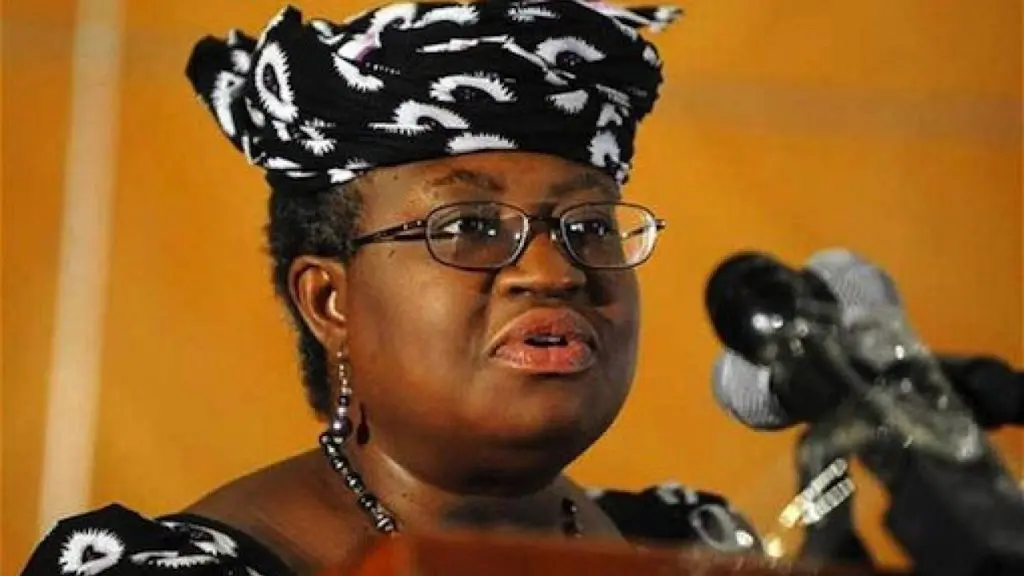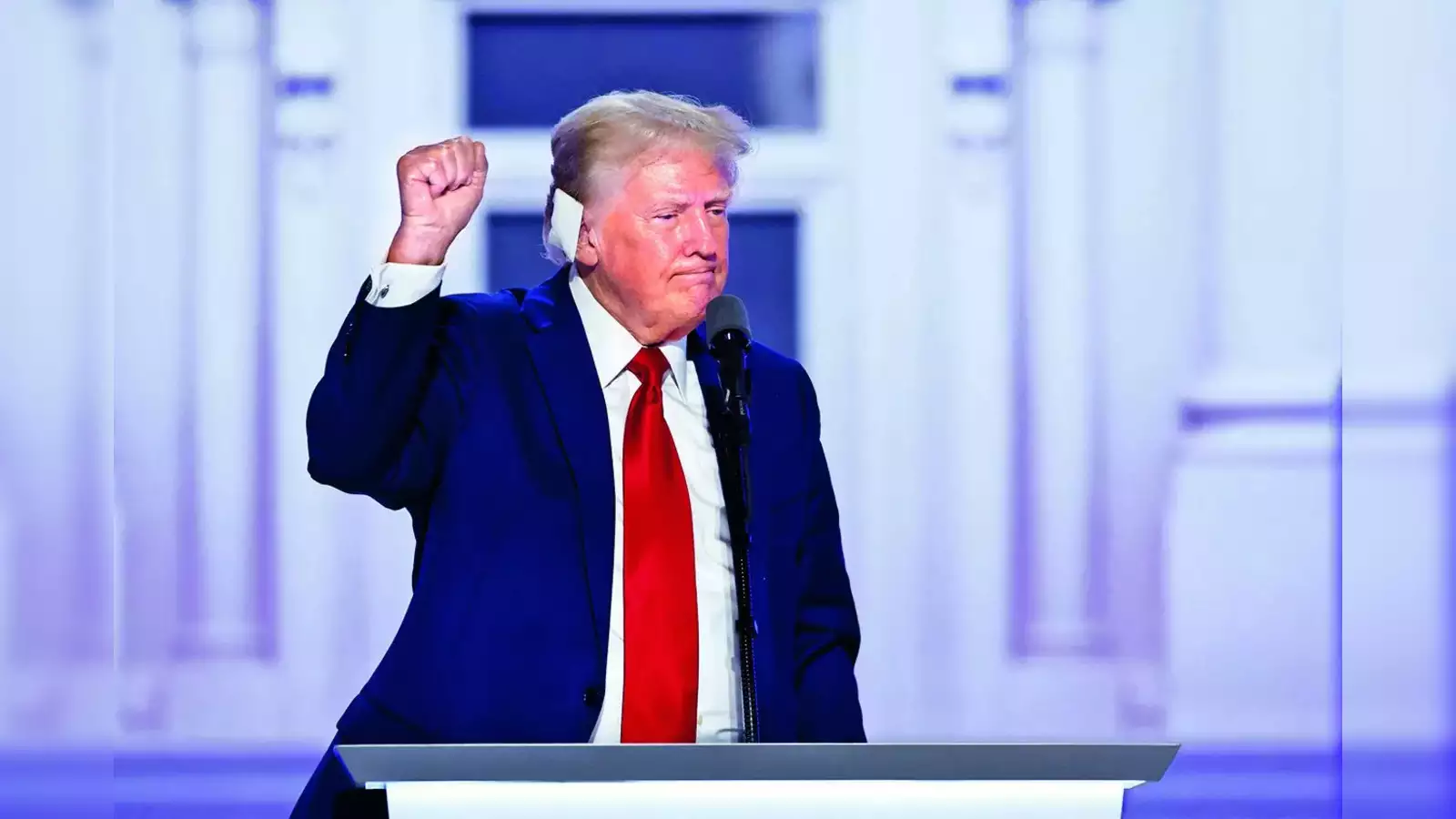News
COVID-19: The Trade And Economic Perspective On Africa

Africa, home to the richest man in human history, Mansa Musa, one of the eight continents of the world and the cradle of civilization with over 50 countries has had her fair share of the global pandemic, coronavirus. Various national governments on the continent are on high alerts in putting strategic measures in place to contain and stop the spread of the deadly virus.
As a matter of world humanitarian emergency, Private organizations and NGOs have also been helpful in putting in massive supports to complement government efforts.
With a view to knowing concrete and proactive measures being employed by leaders from the continent, a renowned journalism outfit, FIN MAGAZINE in partnership with EUROKNOWLEDGE, organized a webinar tagged “COVID-19 THE ECONOMIC THREAT”.
This was aimed at assessing the impact of COVID-19 on the industries in Africa and how we as a people can survive the crises. The Panel session moderated by famous UK Journalist, NICK KOCHAN, took off on Zoom, an online meeting platform, by 03:00 PM West African Time, yesterday, May 12Th, 2020.
In his remarks, The Minister of Finance, Economy and Planning for Equitorial Guinea, Mr. Cesar Augusto Mba Abogo noted that all hands must be on deck in Africa to fight off the deadly coronavirus in order to sustain the economy of the continent.

Hon Ceasar Abogo
Minister of finance, Planning and Economy, Equatorial Guinea
“We must all task our collective, individual, economic, and social resilience instincts to be able to survive the economic threat posed by the pandemic. We are learning and applying lessons for things we have neglected over time because we are oil reliant. We have to begin to diversify as a matter of urgency”.
“Fiscal and monetary policies, the type to put in place and the one to put in place including international solidarity are being discussed. Now that we are at home due to lock down and social distancing, this is an opportunity to discuss, debate, and apply new innovations”, he said.
The Finance Economy and Planning Minister spoke further about the actions of the government towards cushioning the effect of the ravaging virus. He was also of the view that Africans learned lessons from the Ebola virus outbreak in 2013.
Read Also: Agbakoba Law Firm Loses Managing Partner
“When the virus broke out in China, it was not long for us to hear about an apocalyptic projection for Africa. I am sure the Ebola outbreak some years back taught us some lessons and we must continue to work hard on prevention without relaxing”.
“Governments are doing a lot to mitigate the impacts and the health of the people has always come first. Budgetary finance for health, a package for SMEs, and the protection of the vulnerable are being considered. There are two contingencies on this matter with special attention which are the price of oil and the spread of the virus. This is why I and fellow Finance ministers always hold bilateral discussions”, he said.
Another speaker and panelist, Mr. Albert Muchanga, The African Union (AU) Commissioner for Trade and Industry, stated how the AU responded to the outbreak of the virus via policy response and action plan all comprehensively put in place. He also gave an insight into the major impacts of the pandemic on industry and trade.

H. E Albert Muchanga
Commissioner of Trade and Industry, African Union
“We at the African Union in our best capacity responded with action plans to facilitate the growth of trade in Africa, working with manufacturers to keep producing with high preventive strategies and equipment. We need to adjust and build resilience. The need to survive must be protected.
“It is a fact that recession looms in Africa due to COVID-19 and this is why the AU president has mobilized envoys across the five regions to intervene, strengthen public health and regenerate African economy “.
“The major impacts of the pandemic on trade and industry is the distortion of trade, docks, airports, and all closed borders. Manufacturing and mining are the major distraction and the “stay at home” order has made all industries slow down. The AU and United Nations Industrial Development Organization (UNIDO) are on the partnership”.
The AU Commissioner and other panelists however unanimously agreed that it is imperative for African international debt to be written off based on the COVID-19 crises. They noted that obligations can not be honored coupled with the fact that this era is of human tragedy compared to what was obtainable in the 80s.
On the economic issues that will play out from the crises in Nigeria, Dr. Waheed Olagunju, former Bank of Industry (BOI) Director of SMEs was of the view that his country has practiced an oil-dependent economy for decades, heavy dependence on China and that raw materials are not being bought by China, USA and others.

Dr. Waheed Olagunju, Former Bank of Industry Director of SMEs.
He, therefore, harped on the urgent need to domesticate production capacity, diversify supply chains, give the private sector chance to operate, and get alternative ways of getting raw materials from China.
“In the private sector for instance, Aliko Dangote has been able to make a breakthrough in producing and exporting crude oil products to the world. This is a testament to the fact that the private sector is stepping up the game to fill in the gaps left by government”.
“This is not to target China but to become less independent of them. We have to boost intra-commerce within Africa. As said earlier, we have to reset the way we do things. It is all about being more sustainable”.
“Let us make use of our trade institutions like AFDB, AFREXIM etc. We must begin to domesticate production for drugs, food, and agriculture. Other parts of the world can come to Africa to make money”, he said.
Participants on the webinar made viable contributions to corroborate what the panelists discussed some of which is a reduction in mobile data rates to drive ICT Innovations and E-Commerce efficiently, investment in vocational education/training on Africa’s biggest resources, the young people.
Others include preparation of projects for execution after COVID-19, governments should walk the talk, regional integration e.tc.
By Idris Tele-Olukoya
Advertise or Publish a Story on EkoHot Blog:
Kindly contact us at [email protected]. Breaking stories should be sent to the above email and substantiated with pictorial evidence.
Citizen journalists will receive a token as data incentive.
Call or Whatsapp: 0803 561 7233, 0703 414 5611















